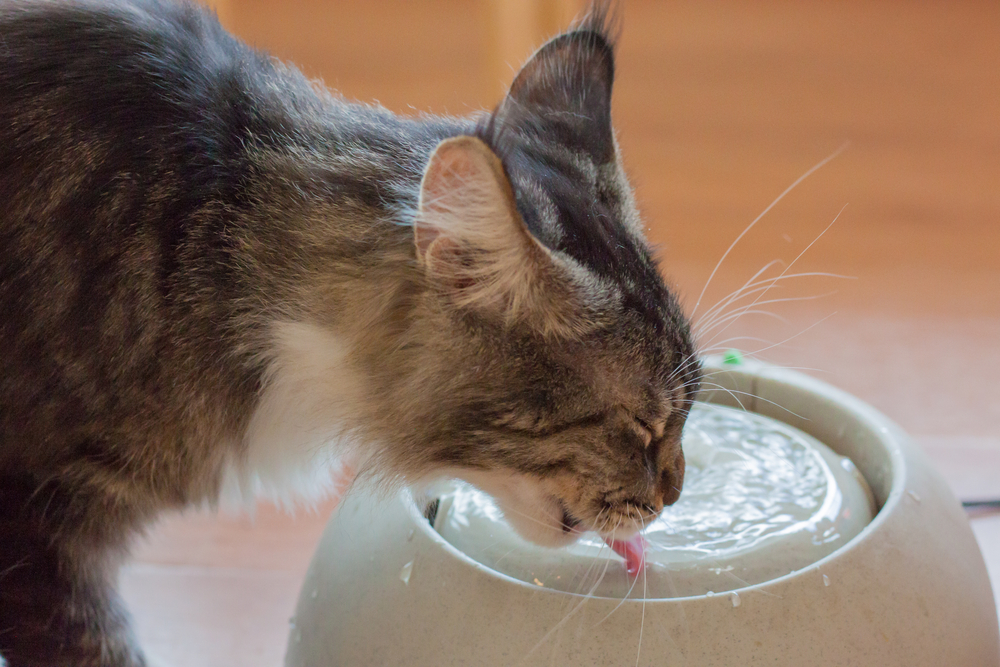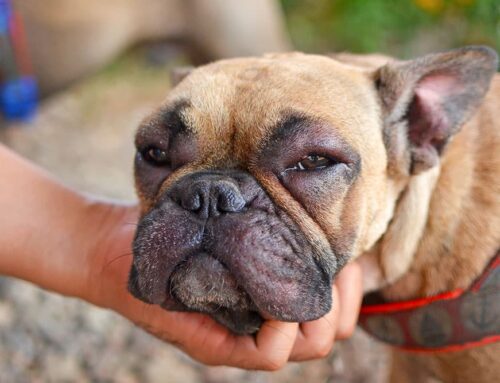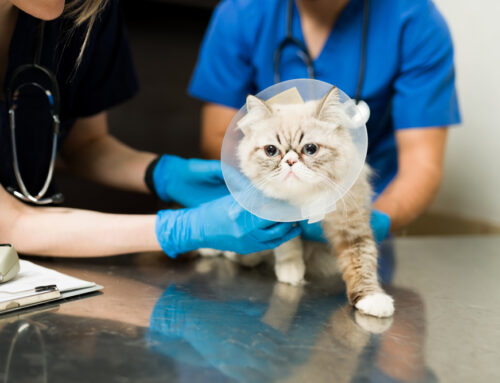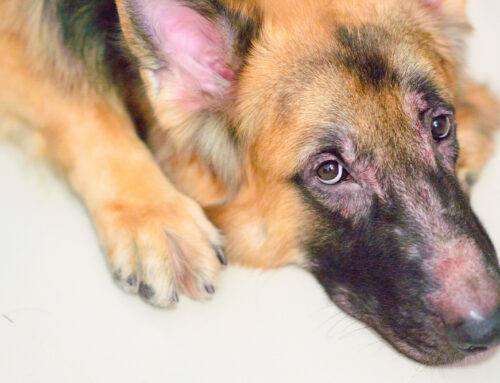When it comes to your pet’s body, all the pieces and parts need to work together. When one piece of the puzzle is missing, all the other body parts begin to crumble. Such is the case with kidney failure in pets. The kidneys play many roles in your pet’s health, and when the kidneys break down, many other body systems are also affected.
Chronic renal (i.e., kidney) failure, also known as chronic kidney disease (CKD), affects cats and dogs, with likelihood of the disease increasing with age. Unfortunately, this common disease can have devastating effects, as owners often do not spot any signs in their pet until the damage has been done. Fortunately, the Stack Veterinary Hospital team can help pet owners and pets navigate CKD.
What do the kidneys do?
Each kidney contains thousands of microscopic units called nephrons. When pets are young and healthy, they do not need all their nephrons to work, and they hold some in reserve. As pets age, or if their kidneys are damaged, some nephrons die, and the resting nephrons take over. If damage to the kidneys continues, eventually few nephrons are left in reserve, and pets may begin to exhibit CKD signs.
Kidney disease can be broken down into two categories:
- Acute kidney disease — Acute kidney disease (AKD) can occur if your pet suffers an injury, infection, or toxin exposure. Depending on severity, your pet may stop producing urine, and they may die.
- Chronic kidney disease — CKD usually progresses slowly, and can be difficult to detect. Pets can compensate for their declining kidney function for months to years, but eventually, as the illness progresses, the signs and accompanying dehydration will worsen.
The kidneys are responsible for a whole host of jobs in the body, including:
- Filtering waste from the bloodstream
- Balancing body water, salts, and acids
- Producing high quality urine
- Regulating hydration
- Maintaining appropriate blood pressure
- Stimulating red blood cell production
Kidney disease can therefore compromise your pet’s ability to perform these and many other functions.
Signs of kidney failure in pets
Needless to say, without proper kidney function, your pet is in trouble, since their kidneys perform so many important functions. Pets with CKD show only subtle signs in the early stages of kidney disease that can be difficult to detect, especially in multiple pet households. Early kidney failure signs include:
- Increased thirst
- Increased urination
- Subtle weight loss
- Decreased appetite
- General depression
- Pale gums
- Vomiting
- Dull, unkempt hair coat
However, these same kidney disease signs often are also associated with other diseases, making blood and urine tests necessary to pinpoint a kidney disease diagnosis. Owners who are always watching for changes in their pet’s appearance and behavior can make a huge difference for their pet. In some cases, early detection of a pet’s kidney disease means it can be managed successfully, and they may do well for many years.
Treating kidney disease in pets
Treatment for kidney disease will depend on your pet’s health, disease severity, and the presence of other medical conditions. In some cases, pets may need hospitalization and treatment with intravenous fluids to flush toxins from the bloodstream and the kidneys.
Dietary modification is an important, proven aspect of CKD treatment, and a cornerstone of maintaining healthy kidney function after the initial treatment. Your pet may also need medications or supplements at home, which your veterinarian must monitor. Fluid therapy may also be necessary at home, to ensure your pet is adequately hydrated.
Kidney failure has a variable prognosis, but early detection and treatment can provide your pet with a good quality of life for months or years.
Preventing kidney disease in pets

You cannot fully eliminate your pet’s chances of developing CKD, but you can minimize the risk.
- Keep your pet away from toxins — Many common human foods, including grapes, raisins, onions, garlic, tea, coffee, and chocolate can be toxic to pets, and all can have a detrimental effect on your pet’s kidney function. Some plants can also be toxic to your pet’s kidneys, with lilies topping the list. Any part of the lily plant, including pollen, can lead to kidney failure in cats.
- Feed your pet a high quality diet — A poor diet makes your pet’s kidneys work harder.
- Encourage your pet to drink water — Keeping your pet well hydrated is essential for good kidney function. To encourage drinking, try offering your pet a water fountain, or add some wet food, which contains more water, to their diet.
- Keep your pet’s teeth clean — The inflammation caused by dental disease in pets has been shown to contribute to kidney disease. Ensure your pet has regular at-home toothbrushing—it’s truly not that hard—as well as professional veterinary dental examinations and cleanings.
Most important for your pet are their regular wellness visits with our Stack Veterinary Hospital team. Your pet’s wellness exam will always include checking their kidney function, so we find any kidney disease early, when treatment is easier and more successful. March is National Kidney Month, making this a great time to screen your pet for kidney disease. Schedule an appointment for your pet’s wellness exam now, or contact the Stack Veterinary Hospital team if you have questions about kidney disease.







Leave A Comment